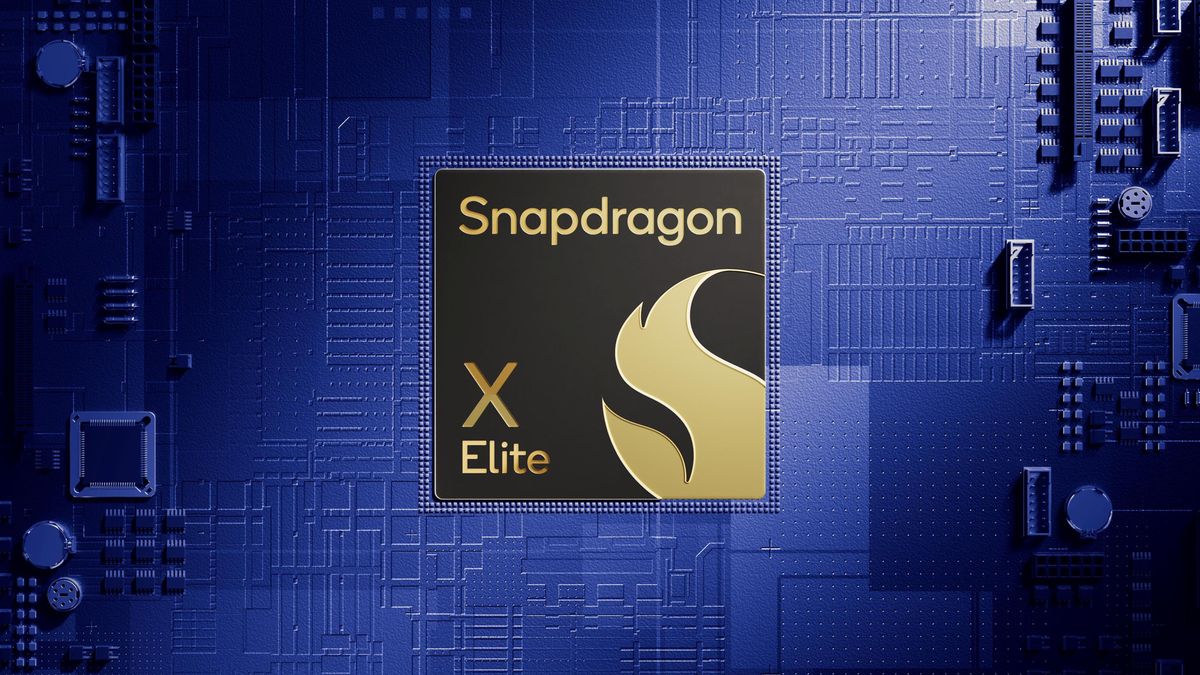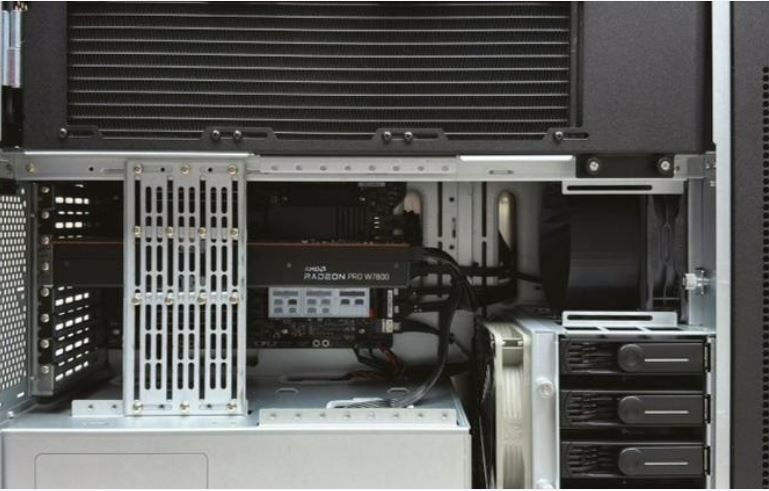Huawei's latest AI processor called HiSilicon Ascend 910B has been produced by TSMC, according to analysts from TechInsights cited by Bloomberg. Both Huawei and TSMC deny any collaborations in the recent years in accordance with the U.S. export restrictions. However, it is possible that TSMC produced and shipped the chips before sanctions came into effect.
In accordance with sweeping sanctions against China-based Huawei, TSMC had to obtain an export license from the U.S. Department of Commerce to ship any chips or products to Huawei after September 15, 2020. Before that date, TSMC made Huawei's Ascend 910 processor for AI training using its N7+ fabrication technology that relies on both EUV and DUV lithography.
"TSMC is a law-abiding company, and we are committed to complying with all applicable rules and regulations, including applicable export controls," a statement by TSMC published by Bloomberg reads. "In compliance with the regulatory requirements, TSMC has not supplied to Huawei since mid-September 2020. We proactively communicated with the U.S. Commerce Department regarding the matter in the report. We are not aware of TSMC being the subject of any investigation at this time."
Earlier this week TSMC indicated that Huawei had attempted to use a proxy to produce its Ascend 910B processor at TSMC, but the foundry uncovered the plan and denied its services. Huawei's Ascend 910 is a massive system-in-package consisting of a Virtuvian AI processor, Nimbus V3 I/O die, and four HBM2E. Given that this is a highly-complex SoC, it is impossible for Huawei to 'sneak' its design to TSMC using an intermediary and make the contract chipmaker believe that it was developed by that intermediary.
Eventually, it was reported that Huawei's Ascend 910B was produced by China-based SMIC using its 2nd Generation 7nm-class process technology. However, now TechInsights reportedly claims that the processor was made by TSMC, whereas Huawei told Bloomberg the Ascend 910B does not exist.
Considering the fact that TSMC used to produce the Ascend 910 processor and Huawei probably acquired a lot of those chips before the U.S. imposed restrictions, it is possible that the company has or had them in stock and sold to its clients long after the U.S. export curbs were set. In this case, neither TSMC nor Huawei circumvented the U.S. sanctions. But, it is hard to believe that Huawei had enough Ascend 910 units in stock to sell over half of a million of such processors this year alone.
It is also possible that the U.S. government granted an export license to TSMC to supply AI processors to Huawei. Although the U.S. DoC's sweeping sanctions are meant to hurt companies and states, the U.S. government still grants some export licenses as bargain cards with foreign governments. While Huawei's Ascend 910 (and/or 910B) is one of the company's most advanced processors ever developed, it only supports INT8 and FP16 data formats (i.e., they cannot be used for supercomputers or serious simulations such as those required to build weapons of mass destruction), it cannot beat Nvidia's A100 and it is believed that Nvidia's HGX H20 beats it in real-world situations. Therefore, the U.S. government may not consider the Ascend 910 as a threat, so it is possible that Huawei could legally obtain them even after mid-September, 2020. Of course, this is just a speculation.

 4 hours ago
2
4 hours ago
2




:quality(85):upscale()/2024/10/22/748/n/49351773/91b7c9cd6717d96c4691b3.90797788_.png)

:quality(85):upscale()/2024/10/01/898/n/1922243/acd995f066fc5c8f752d64.78249385_.jpg)

 English (US) ·
English (US) ·